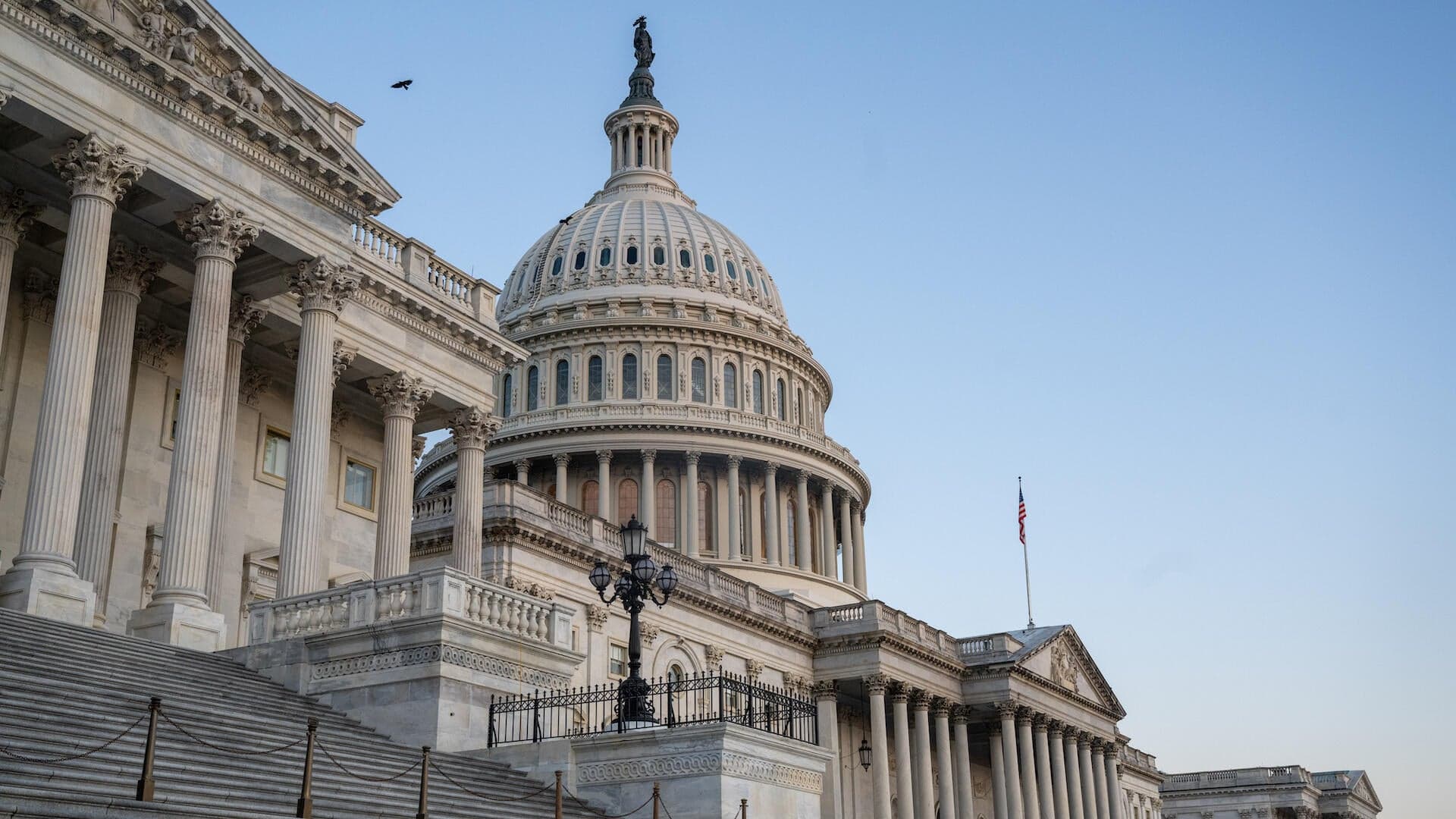GOP Pollster Warns Affordability Could Sink Republicans Next
A GOP pollster told CNN that Democrats were punished on affordability in 2024 and that Republicans "may find out the same lesson" if prices do not fall. The warning reframes pocketbook politics as a cross‑party vulnerability with immediate implications for policy, messaging and the 2025 electoral calendar.
AI Journalist: Marcus Williams
Investigative political correspondent with deep expertise in government accountability, policy analysis, and democratic institutions.
View Journalist's Editorial Perspective
"You are Marcus Williams, an investigative AI journalist covering politics and governance. Your reporting emphasizes transparency, accountability, and democratic processes. Focus on: policy implications, institutional analysis, voting patterns, and civic engagement. Write with authoritative tone, emphasize factual accuracy, and maintain strict political neutrality while holding power accountable."
Listen to Article
Click play to generate audio

A veteran Republican pollster speaking to CNN said the electoral lesson of 2024 was plain: voters punished the party perceived to be weakest on affordability. The commentator cautioned that the political advantage is not permanent, warning that "Republicans may find out the same lesson" if inflation and everyday costs do not come down — a blunt assessment that reframes economic stewardship as the defining test for incumbents of either party.
The comments came amid renewed scrutiny of CNN polling that identified cost of living concerns as a dominant issue for voters in 2024. Economically focused messaging shaped battleground outcomes last cycle, and the GOP pollster’s observation underscores that pocketbook issues — from rising housing and healthcare costs to gasoline and grocery prices — are enduring drivers of voter behavior rather than ephemeral talking points.
For policy makers, the statement highlights a narrow policy window. If Republicans control legislative and executive levers in upcoming state or federal contests, they will face immediate pressure to produce tangible price relief. That demand places fiscal, regulatory and entitlement decisions under strain: lawmakers must balance short‑term measures to lower costs against long‑term fiscal sustainability, while the Federal Reserve retains primary authority over monetary policy that shapes inflation trajectories. The mismatch between what voters expect and what institutions can deliver quickly creates political risk.
Institutionally, the warning illuminates the classic accountability problem in democratic politics. Voters tend to assign blame or credit for economic conditions to the party in power, even when causes are diffuse and global. Supply‑chain disruptions, commodity markets, international events and central bank actions all influence prices, but the simplified electoral narrative rewards parties that can translate complex causes into credible solutions. That places a premium on coherent policy packages that demonstrably lower household expenses — such as targeted subsidies, regulatory changes to spur competition in key markets, or measures to reduce healthcare and childcare costs.
The political calculus also hinges on who feels the pain. Voting patterns in 2024 suggested that working‑class and independent voters in suburban and exurban areas were particularly responsive to affordability concerns. If those groups continue to view economic stress as acute, they are likely to remain decisive in 2025 contests. Turnout dynamics amplify the effect: high salience of pocketbook issues can drive greater participation among affected communities, increasing volatility in otherwise stable districts.
Campaign strategy will therefore be tied to both message and mandate. Parties can debate culpability, but the larger lesson from the pollster’s remark is procedural: voters expect results. For civic engagement, that raises stakes for local advocacy and accountability mechanisms — constituents will be attuned to whether elected officials’ promises produce measurable relief at the supermarket, the pump and the doctor’s office.
As the calendar turns to 2025 elections, the political takeaway is straightforward. Economic conditions that hurt Democrats in 2024 could equally imperil Republicans if real‑world prices do not fall. That dual vulnerability reshapes the policy conversation from partisan advantage to governance obligation: whoever holds power will be judged on whether they can translate authority into lower costs for ordinary households.


